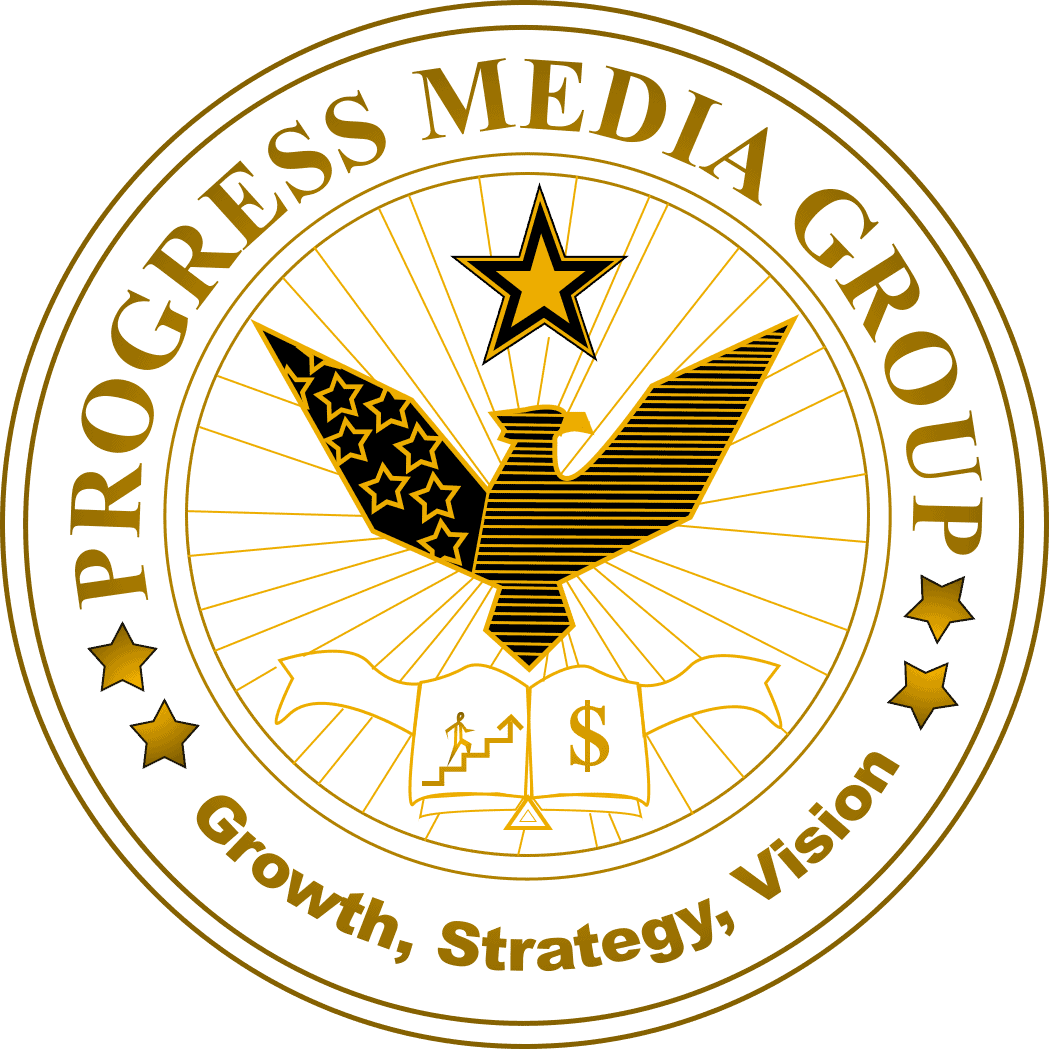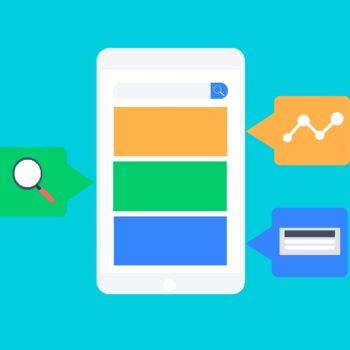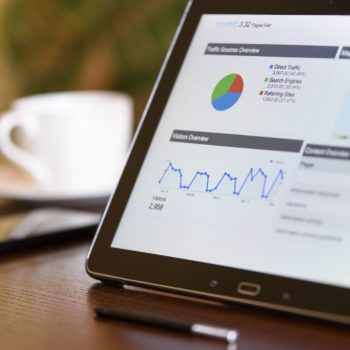SEO VS PAY PER CLICK (PPC)
A common question that often comes up during discussions of internet search engine marketing concerns how to get visitors to a website. When business owners are looking to drive visitors to their website they wonder whether they should use search engine optimization (SEO) or pay per click (PPC) to achieve high visitor rates. Of course, not one solution fits every business or website, it all depends on what you’re looking for – long-term or short-term results, inexpensive advertising, or results on multiple online outlets? Many factors go into determining which type of marketing works best for a website since each method works best for different situations.
What Is SEO?
Search engine optimization is the process of improving search engine rankings organically. Google links to pages that it considers to be relevant and ultimately an expert on the search term. Search engine results that appear on Google and are achieved through SEO are referred to as organic results. Since they are a non-paid result they appear to the user naturally when they perform a search query. SEO considers how search engines algorithms rank websites in their results. Google, for instance, considers over 200 different factors when it shows a search result. Companies that provide SEO assistance will focus on the primary factors in these algorithms. If you aim to optimize your website using SEO tactics it will include regularly publishing relevant content to your industry, insuring that the necessary pages on your website are being indexed, targeting specific keyword search terms that are being used by your potential customers, and also making sure your website is coded correctly.
What is PPC?
Pay per click is an internet advertising model that is used to direct traffic to websites through paid ad spots. A website is advertised within the sponsored listings of a search engine such as Google, Bing, or Yahoo. On Google, these websites will be marked with the Ads sign, which you can see from the image below.
 They are within the top 1-3 spots of the search result page making it easy for your potential audience to see it and click into your website. You pay each time your ad is clicked.
They are within the top 1-3 spots of the search result page making it easy for your potential audience to see it and click into your website. You pay each time your ad is clicked.
Pros/Cons of SEO
The Pros of SEO:
- There is a very large, potential return-on-investment (ROI) for SEO. The organic search results attract more clicks over a larger period of time than PPC, which brings in more long term conversions and revenue.
- SEO also works for multiple search engines. Not only will your website appear further up on Google, but it will also be ranked similarly on Yahoo or Bing.
- There is a natural building up of credibility. And once you reach the top or first page, consumers view organic search results as more credible because they know they’re not paid ads. And this provides consistent website traffic.
The Cons of SEO:
- Depending on your target market, it may take a long time (6-12 months) before you start seeing improvements. It’s a long-term investment for any business.
- If Google or another search engine changes its search engine algorithm (as it has done recently with Panda 4.2) it can shuffle the search results causing a ranking to rise or fall. This is why if you choose to do SEO you need to use a company that is staying ahead of the of the search engine trends.
- There is a lot of competition within SEO especially with certain keywords – a small company might be fighting against a large corporation for the same keyword. Everyone wants to be up front and at the top of the list.
Pros/Cons of PPC
The Pros of PPC include:
- You receive instant traffic to your website as soon as you set up your PPC campaign and you’re able to measure and track it as it happens. This makes the ROI easy to calculate.
- You are in control of your ad copy, the keyword searches that trigger your ad, as well as the destination URL. You can target your perfect customers by narrowing the geographic location of who will see your ad allowing you to target local customers.
- No worrying about algorithm updates. PPC ads are not changed by any changes in algorithm like the unpaid and organic search results
The Cons of PPC include:
- You must test it extensively – it takes a lot of time and effort to make sure you’re getting the most out of PPC. You may have to try hundreds of different keywords in order to see which ones work best. This is why it is best to hire an agency, like digiTech, to professional run your ad campaigns.
- Every single visit/click costs, even if your website is clicked onto by mistake. Visitors don’t always equal conversions (or a new customer) which can be a pain since you’re paying for every click.
- The cost can be expensive depending on the keywords. Your competition could be large corporations who have an extensive ad budget and are willing to pay more for your keywords.
Which One Should You Use? SEO? PPC?
SEO, as stated previously, works best when considering long-term results. It makes your website findable, navigable, and readable. It allows people to find you rather than you reaching out to find them.
PPC works well whenever you need a quick boost of visitors. Sometimes that means when you’re first starting your company or website. It could also be useful if your company has a sale or big event or even if you need to boost sales. It’s a good way to get a quick boost of visitors.
Of course, one of the best options is to use these options together. These two search engine marketing strategies aren’t opposite, in fact, they’re quite complementary. You can address both the short-term and long-term needs when you work these strategies together.
At digiTech Web Design, our clients know they can expect high-quality internet marketing services from us, including SEO and PPC advertising. We can help you increase your website’s Google rankings and conversion rates. For more information on how we can help you with your web design and internet marketing needs, please contact us today!





